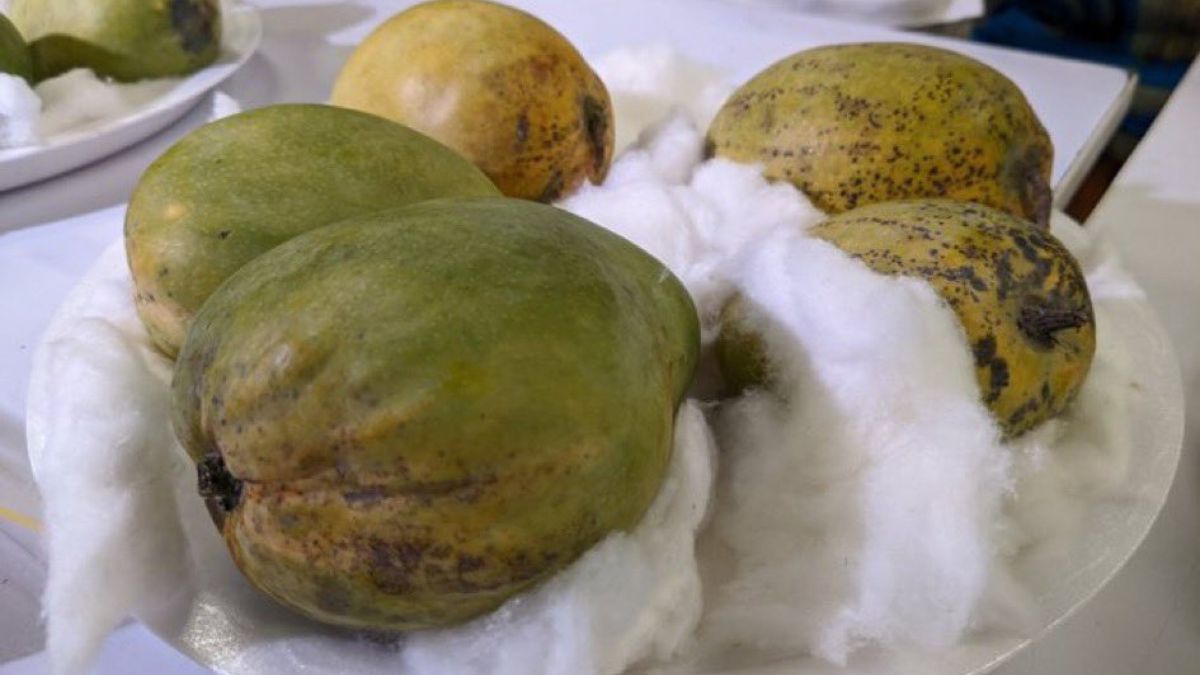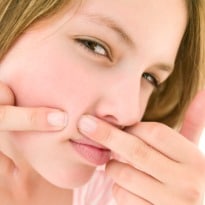Drinking wine has long been associated with skin benefits including slowing down skin's ageing process. The anti-oxidants found in wine like polyphenols and resveratrol help fight free radicals that are associated with ageing. A recent study conducted by the team at the University of California, Los Angeles (UCLA), explains how wine can also be helpful in treating skin disorders like acne. The study was published in the journal Dermatology and Therapy and simplifies the role of a certain antioxidant - found in grapes and wine - in treating acne. According to the experts, resveratrol, when combined with a common acne medication benzoyl peroxide, fights the acne causing bacteria. (More: Grapes to do away with acne, skin dryness)Both resveratrol and benzoyl peroxide have opposite properties. While resveratrol is an antioxidant that stops the formation of free radicals, benzoyl peroxide on the other hand, works by creating free radicals that kill the acne bacteria.
"We initially thought that since actions of the two compounds are opposing, the combination should cancel the other out, but they didn't," said Dr Emma Taylor, the study's first author and an assistant clinical professor of medicine in the division of dermatology at the David Geffen School of Medicine at UCLA.For the study, the experts grew colonies of acne causing bacteria and added various concentrations of resveratrol and benzoyl peroxide both alone and together. The researchers monitored and analysed the pattern for bacterial growth or killing for 10 days.It was found that that benzoyl peroxide was able to kill the bacteria initially at all concentration levels, but the effect was short lived that didn't last beyond the first 24 hours. On the other hand, resveratrol didn't have a strong killing capability, but it inhibited bacterial growth for a longer period of time. The experts then though of combining the two to get at better results. Resveratrol together with benzoyl peroxide worked much better in reducing the bacterial counts.The researchers used a high-powered microscope to observe the health and activity of bacteria. They noted how bacteria cells lost some of the structure and definition of their outer membranes. Thus, it was concluded that resveratrol may aid in altering or weakening the structure of bacteria."This study demonstrates that combining an oxidant and an antioxidant may enhance each other and help sustain bacteria-fighting activity over a longer period of time," said Taylor."It was like combining the best of both worlds and offering a two-pronged attack on the bacteria," said senior author Dr Jenny Kim, professor of clinical medicine in the division of dermatology at the Geffen School.The researchers also tested both the compounds for their toxicity. It was found that benzoyl peroxide was much more toxic than resveratrol - this explains the redness and irritation of skin after its topical application in concentration.The team is hopeful that this finding could lead to a more effective and less irritating topical acne therapy, and could also aid in developing more potent acne treating medication. Inputs from PTI
"We initially thought that since actions of the two compounds are opposing, the combination should cancel the other out, but they didn't," said Dr Emma Taylor, the study's first author and an assistant clinical professor of medicine in the division of dermatology at the David Geffen School of Medicine at UCLA.For the study, the experts grew colonies of acne causing bacteria and added various concentrations of resveratrol and benzoyl peroxide both alone and together. The researchers monitored and analysed the pattern for bacterial growth or killing for 10 days.It was found that that benzoyl peroxide was able to kill the bacteria initially at all concentration levels, but the effect was short lived that didn't last beyond the first 24 hours. On the other hand, resveratrol didn't have a strong killing capability, but it inhibited bacterial growth for a longer period of time. The experts then though of combining the two to get at better results. Resveratrol together with benzoyl peroxide worked much better in reducing the bacterial counts.The researchers used a high-powered microscope to observe the health and activity of bacteria. They noted how bacteria cells lost some of the structure and definition of their outer membranes. Thus, it was concluded that resveratrol may aid in altering or weakening the structure of bacteria."This study demonstrates that combining an oxidant and an antioxidant may enhance each other and help sustain bacteria-fighting activity over a longer period of time," said Taylor."It was like combining the best of both worlds and offering a two-pronged attack on the bacteria," said senior author Dr Jenny Kim, professor of clinical medicine in the division of dermatology at the Geffen School.The researchers also tested both the compounds for their toxicity. It was found that benzoyl peroxide was much more toxic than resveratrol - this explains the redness and irritation of skin after its topical application in concentration.The team is hopeful that this finding could lead to a more effective and less irritating topical acne therapy, and could also aid in developing more potent acne treating medication. Inputs from PTI
Advertisement







